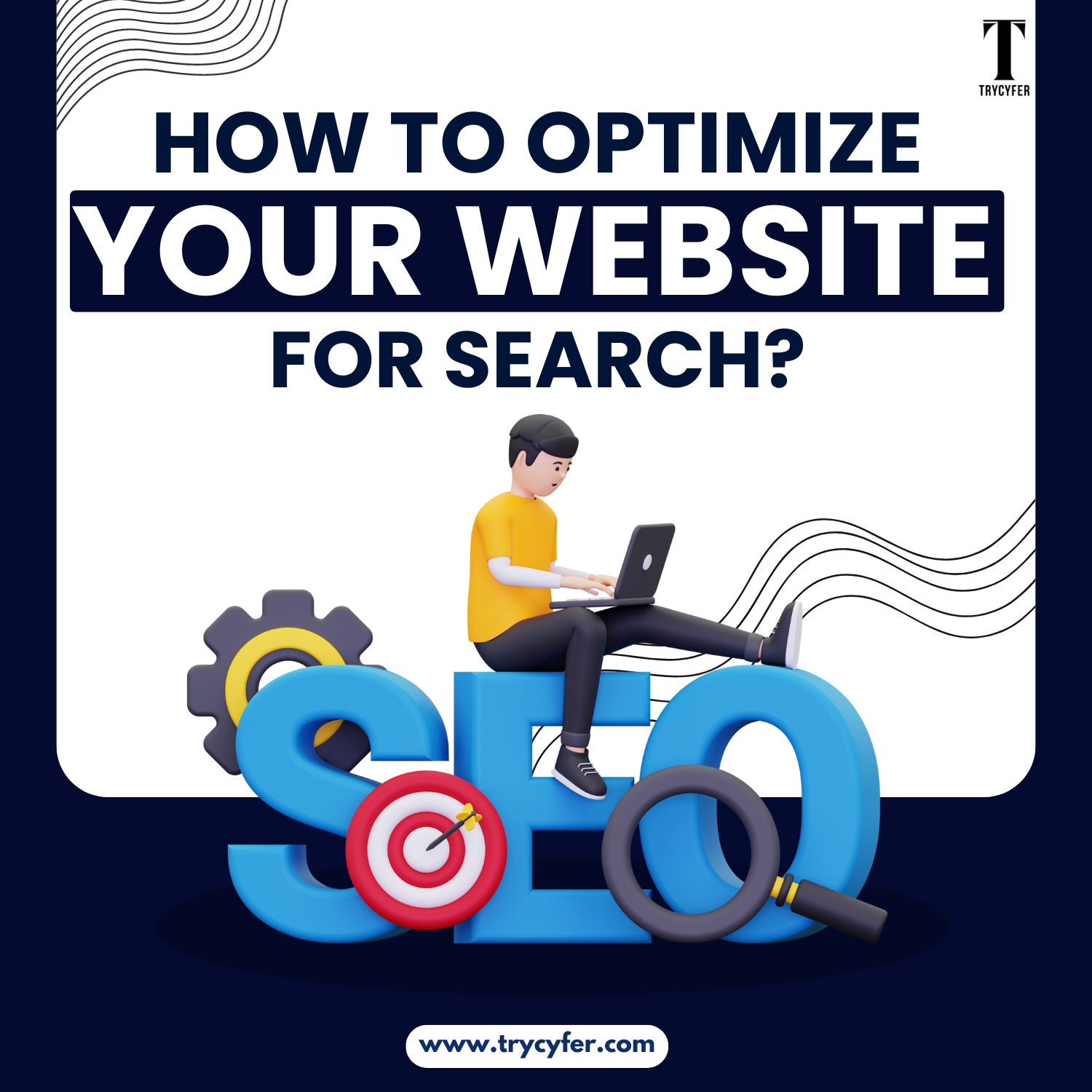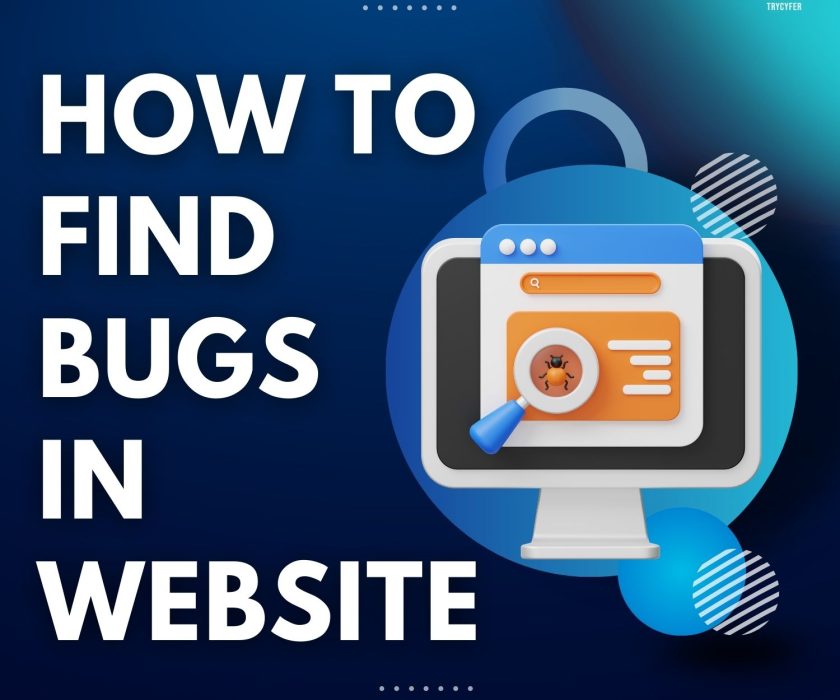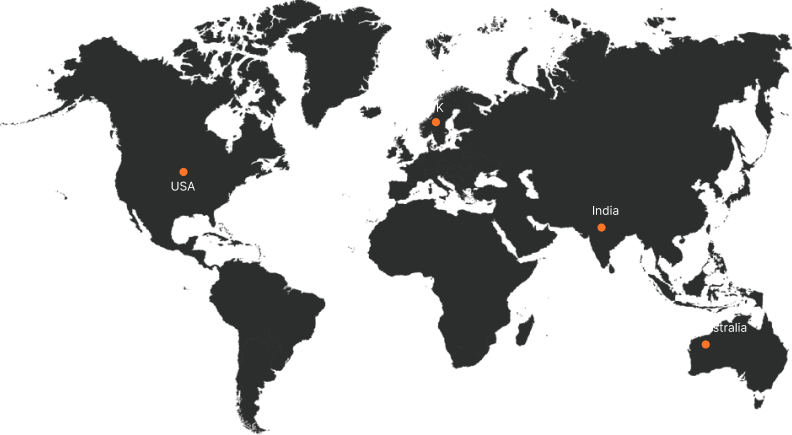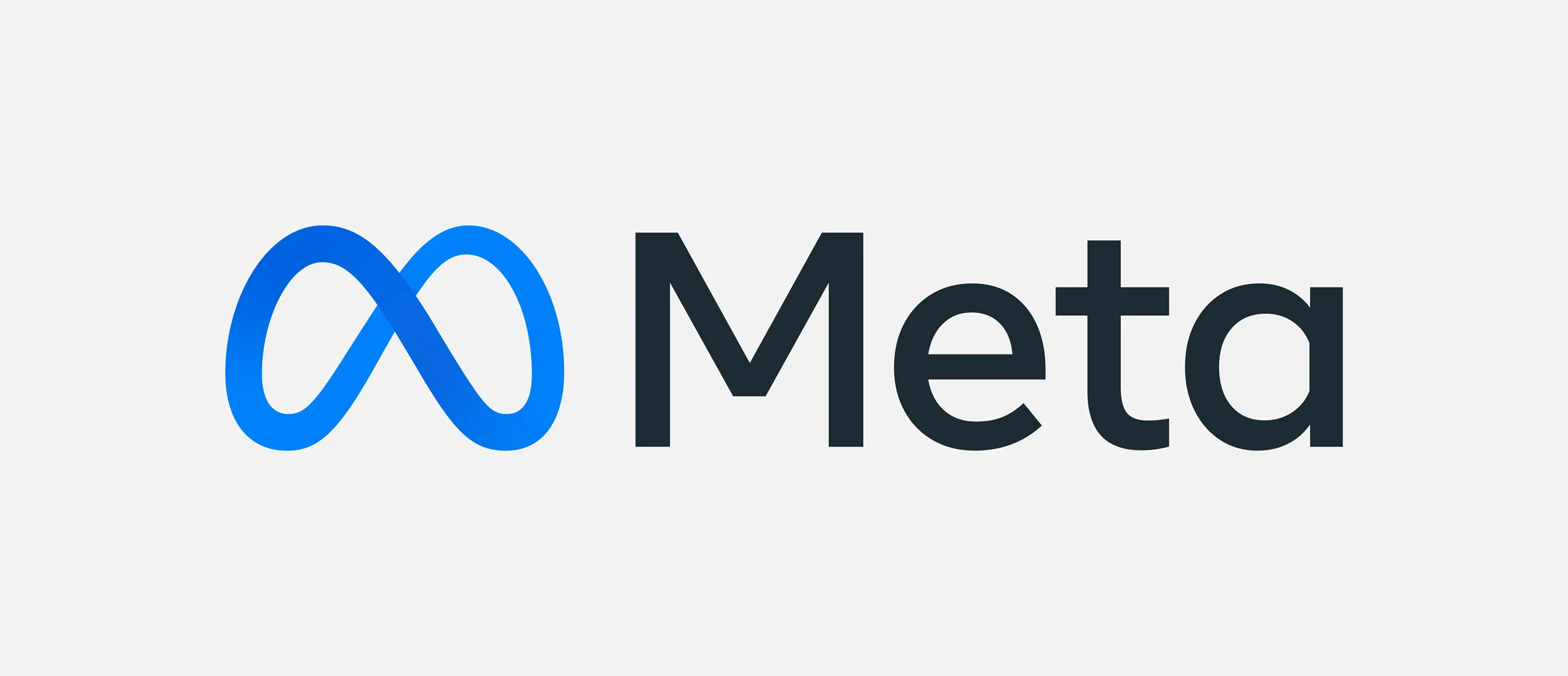How to Optimize Your Website for Search?

In today’s digital landscape, optimize your website for search engines is essential for driving traffic, boosting visibility, and growing your business. Search engine optimization (SEO) involves various strategies and techniques to improve a website’s ranking on search engine results pages (SERPs).
The higher your website ranks, the more likely users will visit it, which can lead to increased sales, brand recognition, and overall success. But achieving top rankings is no simple task-it requires careful planning, technical proficiency, and continuous improvement.
In this blog, we’ll delve into the best practices for optimizing a website for search, focusing on high-impact SEO techniques, keyword strategies, and how you can outperform the competition in organic search rankings.
Understanding The Basics of SEO
What is SEO?
Search Engine Optimization (SEO) improves a website’s visibility on search engines like Google, Bing, and Yahoo. The goal is to make your website more appealing to search engines, which in turn helps users find it more easily.
SEO involves optimizing various on-page elements such as content, meta tags, headings, URLs, and off-page factors like backlinks and social signals. There are three primary components of SEO:
- On-page SEO: Refers to optimizing website content, HTML source code, and page structure.
- Off-page SEO: Focuses on external factors such as backlinks and social media engagement.
- Technical SEO: Involves improving the technical aspects of a website, like speed, mobile-friendliness, and crawlability.
Why is SEO Important?
SEO is important for increasing organic traffic, which is the traffic that comes from unpaid search results. The more optimized your site is, the better it will perform in search engine rankings. SEO helps in:
- Improving User Experience: A well-optimized site is easy to navigate, fast-loading, and mobile-friendly, making it user-friendly.
- Increasing Website Traffic: Higher rankings mean more visibility, leading to more clicks and visitors.
- Enhancing Credibility: Sites that rank high are often seen as more trustworthy and authoritative.
- Generating Leads and Sales: SEO brings in targeted traffic, which is more likely to convert into leads or customers.
Read Also: What is SEO Principle?
Conducting Keyword Research

Why Keyword Research Matters
Keywords are the base of any SEO strategy. They help out search engines understand the content of your website and connect it with appropriate search queries. Effective keyword research identifies the terms your target audience is searching for, allowing you to optimize your content accordingly.
Follow these steps to identify high-performing keywords:
- Brainstorm Seed Keywords: Start by brainstorming essential keywords relevant to your business. Think about your products, services, and industry.
- Use SEO Tools: Tools like Google Keyword Planner, Ahrefs, and SEMrush can help you find related keywords and their search volumes, competition, and ranking difficulty.
- Analyze Competitors: Analyse the keywords your competitors are targeting. Look at the top-ranking pages in your niche and examine their keyword strategies.
- Focus on Long-Tail Keywords: Long-tail keywords are more specific and often less competitive than short, generic ones. For example, “affordable SEO services in New York” is a long-tail keyword compared to “SEO services.”
- Evaluate Search Intent: Understand why users are searching for specific terms. Search intent can be navigational (finding a specific page), informational (learning about a topic), or transactional (looking to make a purchase).
- Prioritize High-Impact Keywords: Once you’ve gathered your keywords, prioritize those with a high search volume but low competition, as they are easier to rank for and can still drive substantial traffic.
On-Page SEO Best Practices
On-page SEO refers to optimizing individual web pages to rank higher and earn more relevant traffic. It includes optimizing your website’s content and HTML source code.
Optimize Meta Tags
Meta tags, those snippets of text that describe a page’s content, are like secret codes that only search engines can decipher. They don’t appear on the page itself, but they play an important role in helping search engines understand and categorize your page’s content, giving you the power to guide them in the right direction.
- Title Tag: Make sure your title tag includes the primary keyword and is 50-60 characters long. This is one of the most important ranking factors.
- Meta Description: This brief description of your webpage appears below the title on SERPs. It should be compelling and informative and include your primary keyword.
Header Tags (H1, H2, H3)
Header tags help arrange your content and make it easier for search engines to crawl. The H1 tag should include your main keyword and be the page’s title. Use H2 and H3 tags to break up your content and include related keywords.
Content Optimization
Content is the core of SEO. High-quality, relevant content that satisfies user intent will consistently rank better. Follow these tips:
- Use Keywords Strategically: Incorporate your primary keyword naturally throughout your content, especially in the first 100 words, headings, and subheadings.
- Write for the User: While optimizing for search engines is crucial, your content should primarily cater to the needs of your audience. Solve their problems, answer their questions, and provide valuable information.
- Maintain Content-Length: Long-form content ranks higher in search engines because it covers in-depth topics. Aim for articles that are 1000-2500 words long, depending on the complexity of the topic.
- Include Internal Links: Link to other relevant pages to improve navigation, help search engines understand your site structure, and keep users engaged.
- Use Visuals: Include images, videos, and infographics to make your content more engaging. Be sure to optimize the alt text of images with relevant keywords.
URL Structure
Make sure your URLs are clean and descriptive and include the main keyword. Avoid long, complicated URLs filled with unnecessary numbers or symbols.
Mobile-Friendliness
Mobile optimization is crucial as Google uses mobile-first indexing, meaning it primarily ranks your site’s mobile version. A responsive, easy-to-navigate site that loads quickly is not acceptable Google but also enhances user experience and boosts your site’s performance.
Technical SEO for Website Optimization

Technical SEO focuses on optimizing your website’s technical aspects to assist search engines crawl and index effectively.
Improve Website Speed
Page load speed is a crucial ranking factor. Google’s PageSpeed Insights can help you identify elements slowing down your site. Common fixes include:
- Compressing images
- Minimizing CSS and JavaScript files
- Using a content delivery network (CDN)
- Leveraging browser caching
Create an XML Sitemap
An XML sitemap helps search engines understand your site’s structure and find all its important pages. Submit your sitemap to Google Search Console to help Google index your site more efficiently.
Use Structured Data (Schema Markup)
Structured data helps search engines understand the context of your content. By adding schema markup, you can increase your chances of appearing in rich snippets, which often rank above regular search results.
Fix Broken Links
Broken links create a poor user experience and can hurt your SEO. Check your site regularly for 404 errors and fix any broken links you find.
Off-Page SEO Techniques
Off-page SEO refers to actions outside your website to improve rankings, primarily through link-building and social signals.
Backlink Building
Backlinks are one of the most vital ranking factors in SEO. The more high-quality, relevant backlinks your site has, the more authoritative it appears to search engines.
- Guest Blogging: Write guest posts for reputable websites in your industry. In exchange, you’ll get a backlink to your site.
- Create Shareable Content: High-quality content that provides value is more likely to be shared and linked to by other sites.
- Reach Out to Influencers: Build relationships with influencers and bloggers who can help promote your content and link to your website.
Social Media Signals
While social media doesn’t directly impact SEO, a strong presence can lead to more visibility and traffic, improving search rankings over time. Share your content across all platforms and engage with your audience.
Related Blog: Do You Need Both SEO and SEM?
Monitoring and Improving Your SEO Performance
Once you’ve implemented your SEO strategies, regularly monitoring your website’s performance is crucial. It’s not just about checking your rankings but also about understanding and interpreting the performance metrics and being familiar with changes in search engine algorithms.
- Use Google Analytics
Google Analytics allows you to track important metrics such as organic traffic, bounce rates, and user behaviour. Regularly review these metrics to see what’s working and where you can improve.
- Google Search Console
Use Google Search Console to monitor your site’s indexing status, track keyword rankings, and identify any crawl errors or security issues.
- Update Content Regularly
Keep your content fresh and up-to-date. Search engines favor websites that consistently publish new content. Regularly revisit old posts and pages to improve them with updated information, keywords, and links.
Conclusion
Optimizing a website for search engines is a complex but rewarding process. It’s a strategic move that can significantly enhance your online presence and drive more traffic. While implementing on-page, off-page, and technical SEO techniques is essential, partnering with professionals can make the difference between average and excellent results.
Trycyfer has a dedicated and well experienced Team of SEO, Web Development and Digital Marketing. We can help you implement top SEO strategies to improve your search rankings or create a fully optimized website from scratch. Optimize your website, grow your business, and reach new heights with Trycyfer—your trusted SEO and digital marketing partner.











